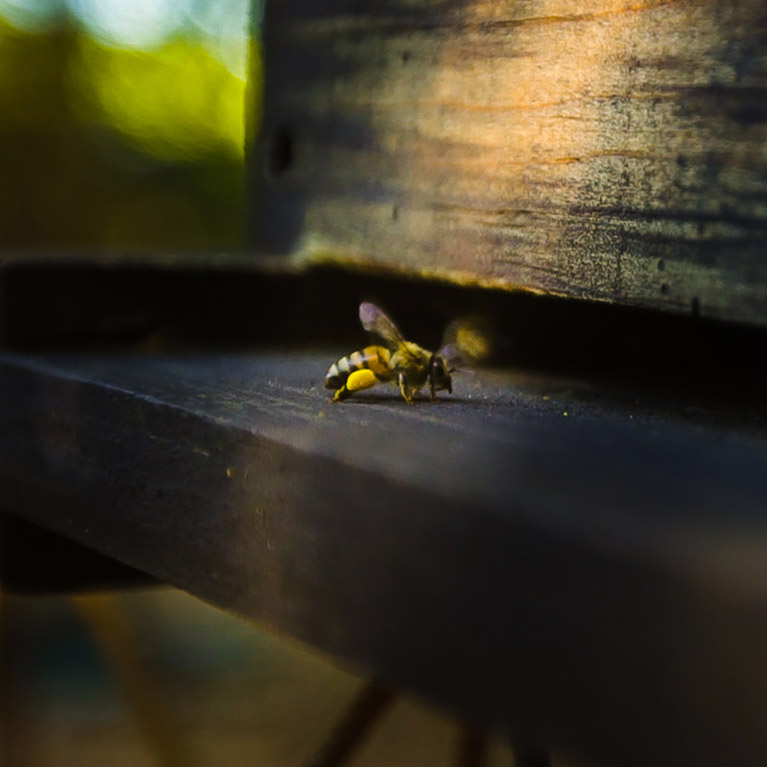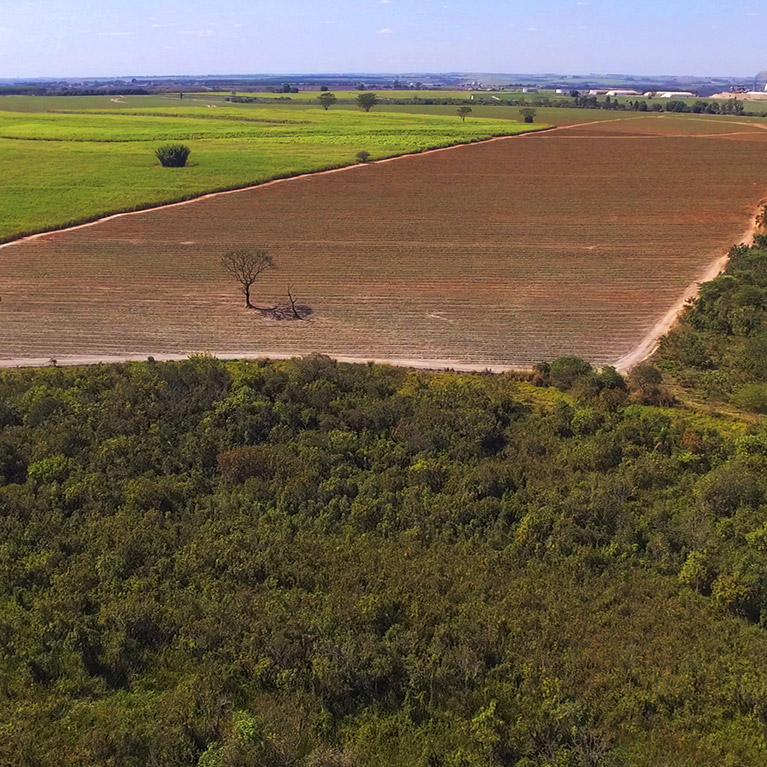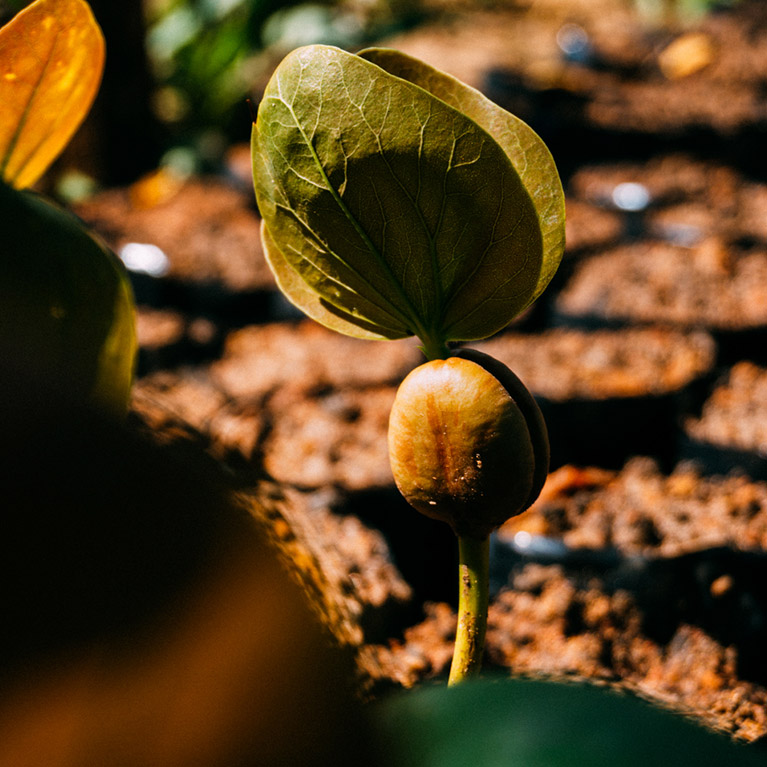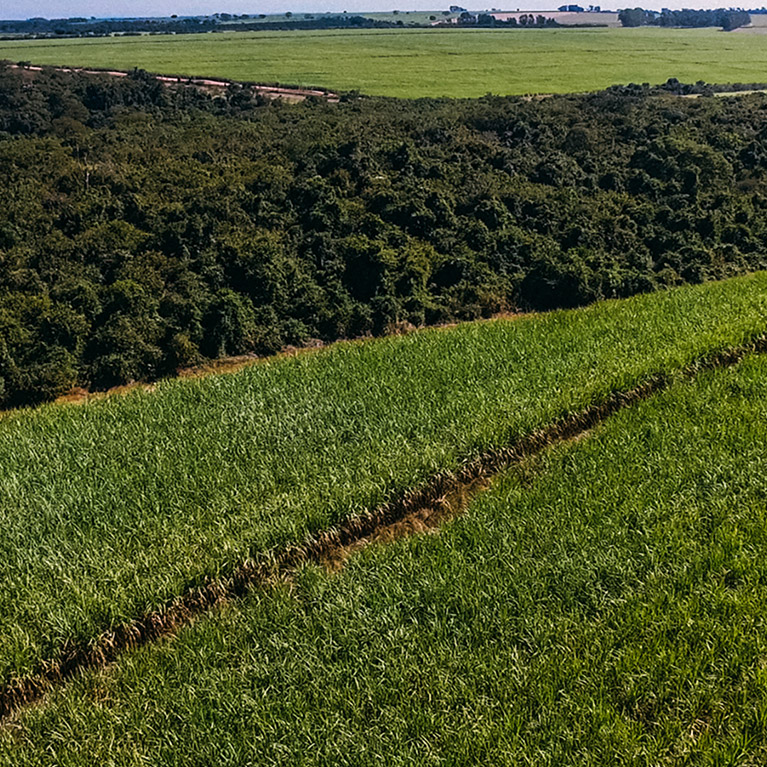MYTHS AND FACTS

Does Brazilian sugarcane ethanol lead to deforestation in the Amazon Rainforest and other sensitive biomes?
Myth
Almost 92% of sugarcane production for ethanol is harvested in South-Central Brazil, over 2,500 km (1,550 miles) from the Amazon. The remainder is grown in Northeastern Brazil, about the same distance from the Amazon’s easternmost fringe. That is roughly the distance between New York City and Dallas, or Paris and Moscow. Amazon region is in fact not a commercially viable location for producing sugarcane, due to the climactic conditions required for its growth.

Is sugarcane ethanol the cleanest liquid biofuel?
Fact
First generation sugarcane ethanol can reduce, on average, up to 90% of CO2eq when compared to fossil fuels. This is one of the highest emission reductions achieved by any renewable fuel. Second generation sugarcane ethanol performs even better, with a carbon footprint lower than regular sugarcane ethanol.

Does fertilizer used in sugarcane production contaminate local water sources?
Myth
Brazilian sugarcane makes widespread use of organic fertilizers obtained as part of sugarcane processing. Mills recover residues called filter cake (which is rich in phosphorus) and vinasse (loaded with potassium, organic matter and other nutrients), which they then use in replacement of traditional fertilizers. Vinasse and filter cake are one of the natural and circular solutions to promote improved soil health and reduce reliance on chemical fertilizers.

Is Brazilian sugarcane sustainable?
Fact
Brazilian sugarcane industry follows strict labor and environmental standards. Sugarcane production process has improved tremendously over the years, increasing the sustainability of the sector. Most recently Brazil has adopted a national biofuels policy, Renovabio, that demands zero deforestation. This policy will help place Brazilian sugarcane as one of the most sustainable crops in the world.

